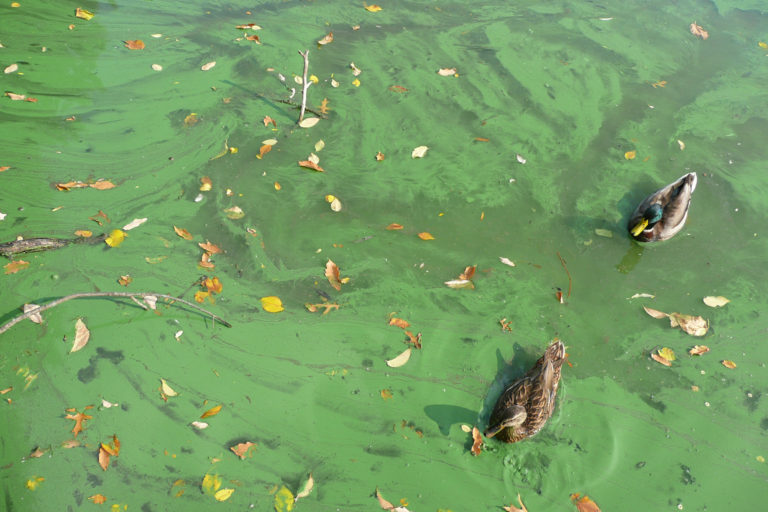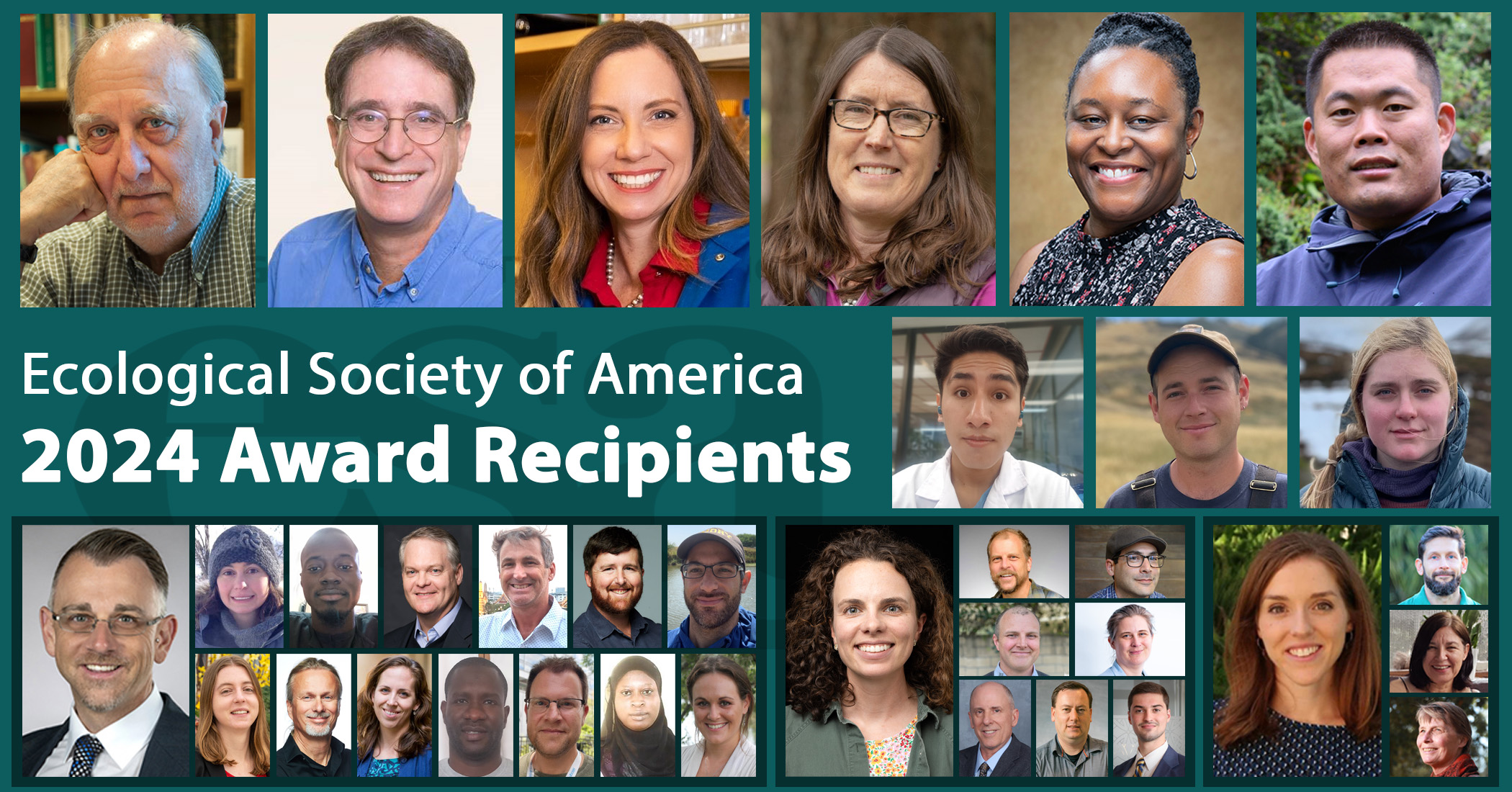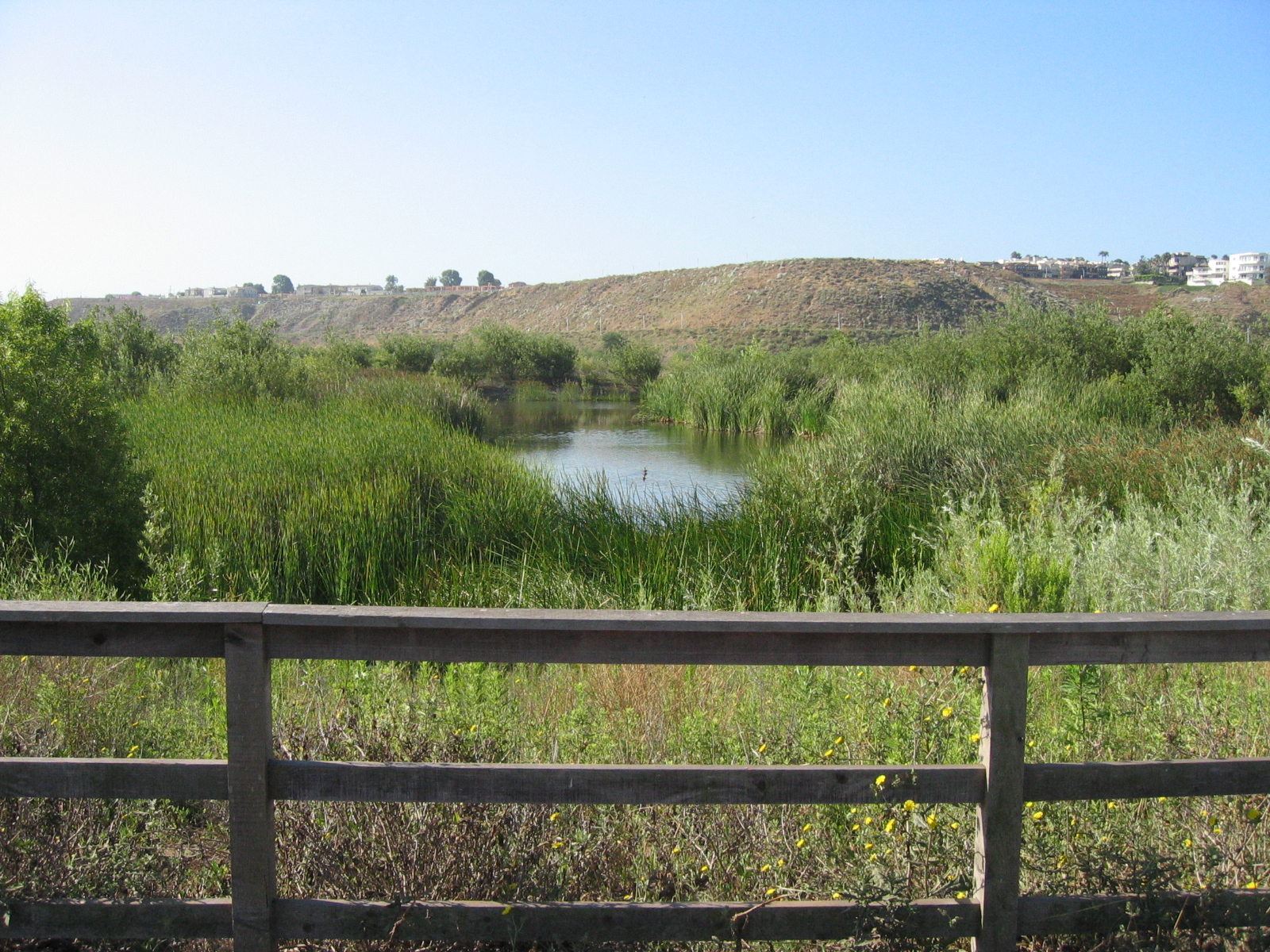
MSU researchers find US lakes in communities of color are monitored less for water quality
A team of Michigan State University researchers found that lakes in communities of color were three times less likely to be sampled at least once than lakes in white communities.







